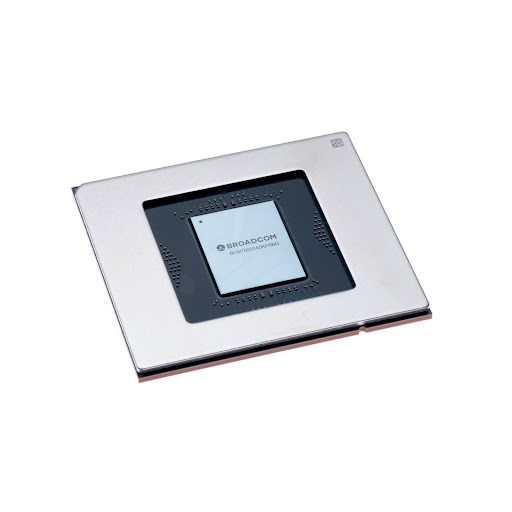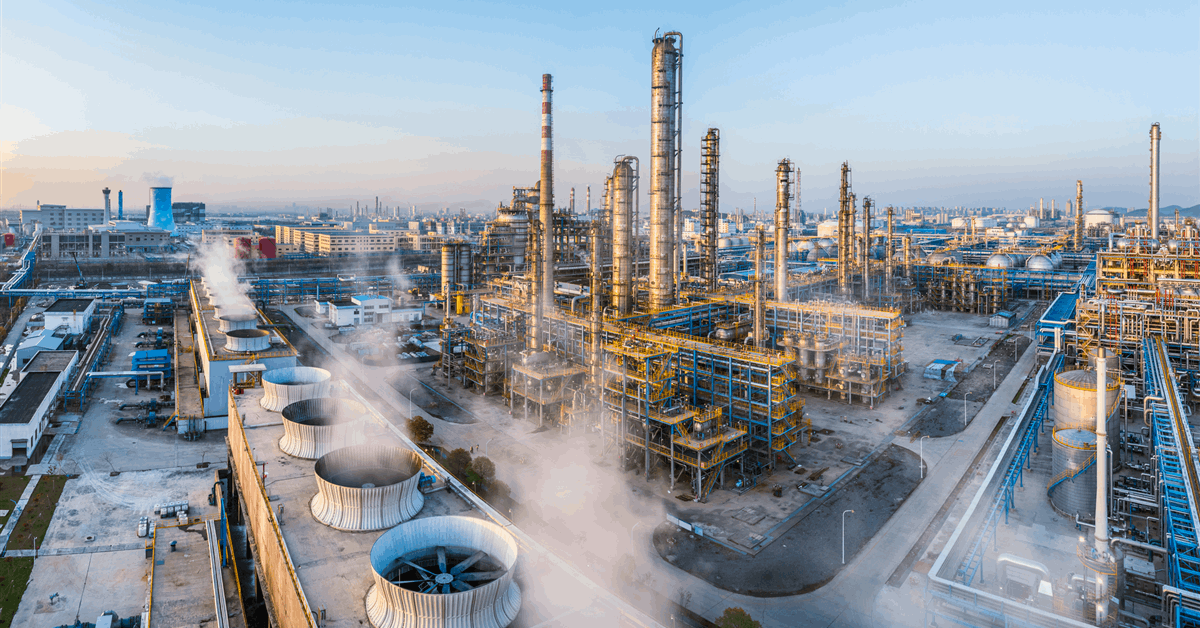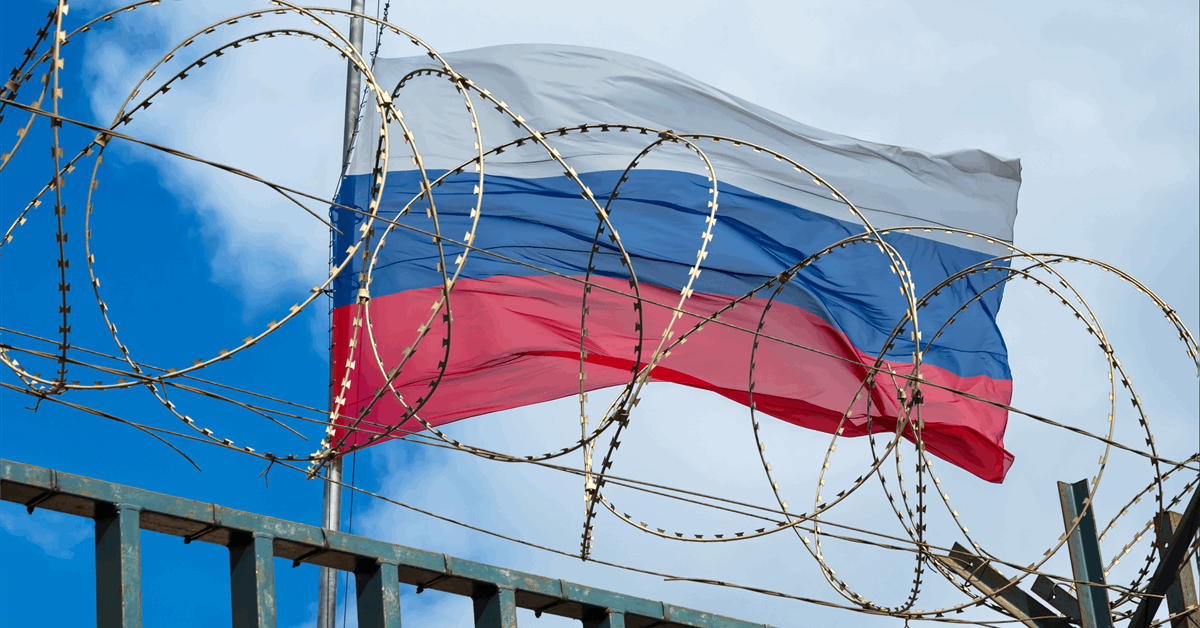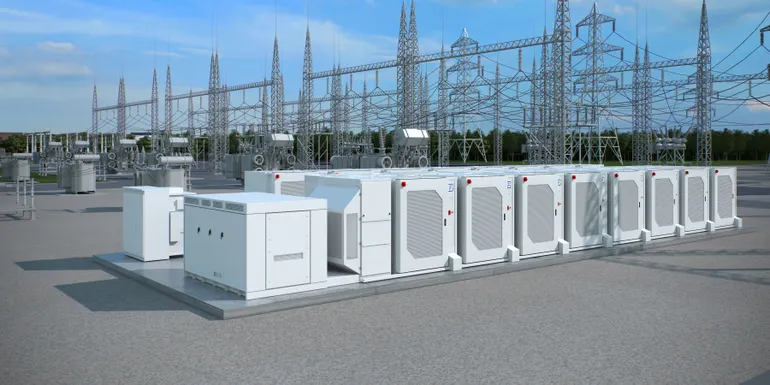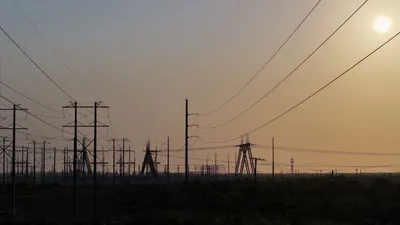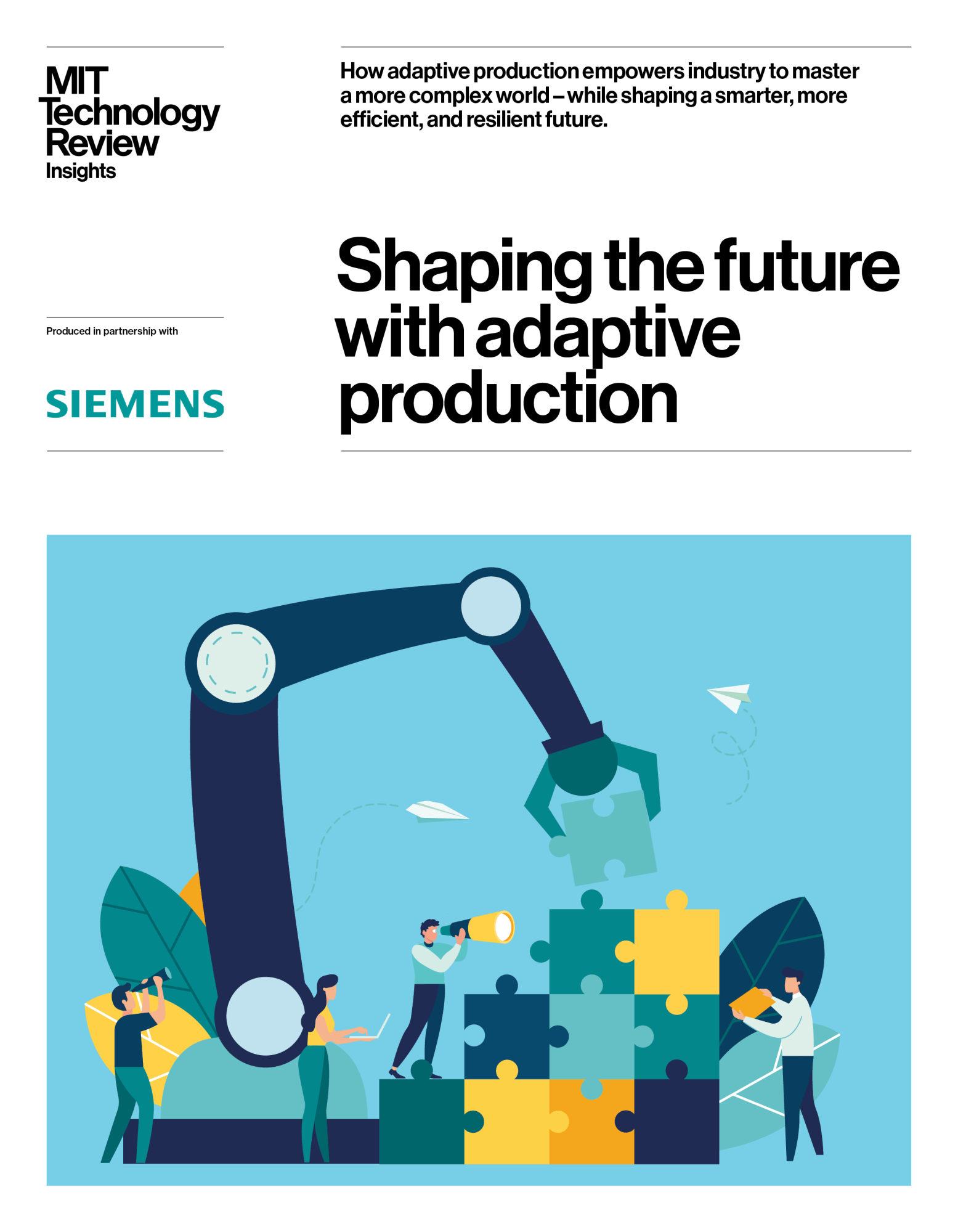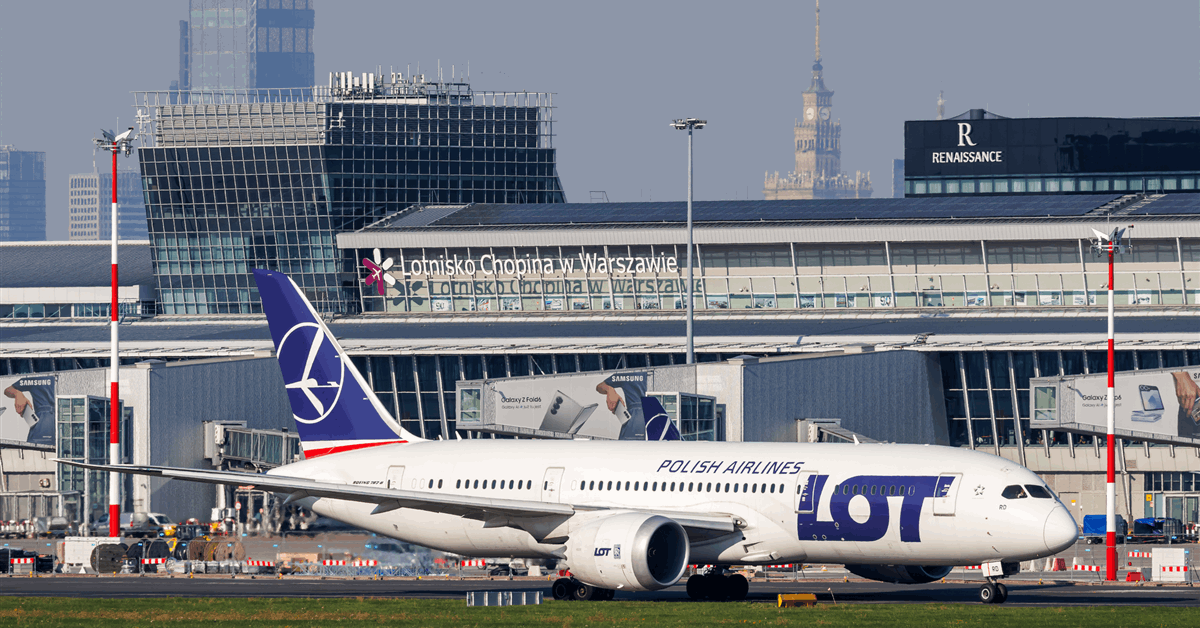
ORLEN SA has started offering sustainable aviation fuel (SAF) at airports in Warsaw, Krakow and Katowice.
“The inclusion of SAF in our aviation fuel portfolio marks another step in implementing our 2035 strategy”, Ireneusz Sitarski, vice president of ORLEN’s management board for wholesale and logistics, said in a press release. Poland’s majority state-owned ORLEN already supplies aviation fuels Jet A-1 and AVGAS 100 LL, which the company says can serve all types of aircraft.
“We are expanding our product portfolio while responding to the need to decarbonize operations on both the supply and demand side”, Sitarski added.
Adam Sanocki, member of Polish Airports SA’s management board in charge of strategy and marketing, commented, “The introduction of SAF at Warsaw Chopin Airport is a major milestone in the aviation sector’s transition toward climate neutrality. Our priority is to establish the conditions necessary for carriers to reduce emissions and progress their sustainability strategies”.
LOT Polish Airlines chief operating officer Dorota Dmuchowska said, “The introduction of SAF into the Polish market is an important step for us in the process of adapting to regulatory requirements stemming from the ReFuelEU Aviation regulation”.
“Although access to SAF remains limited, its availability at selected airports in the country will significantly facilitate the implementation of LOT’s Sustainable Development and Decarbonization Strategy, in line with the company’s development plans”, Dmuchowska added.
“The deployment of such fuels requires precise logistical planning, which is why we appreciate ORLEN’s initiative, as it will undoubtedly support us in meeting the objectives of the EU requirements”.
The ReFuelEU Aviation Regulation adopted October 2023 requires bigger airports in the European Union to raise the share of SAFs in their fuel mix gradually.
Each airport that falls under the regulation must have at least two percent of SAF in their total consumption starting this year. That must increase to six percent from 2030; 20 percent from 2035; 34 percent from 2040; 42 percent from 2045; and 70 percent from 2050.
The requirements apply to, as stated in the text of the regulation, airports with “higher than 800 000 passengers or where the freight traffic was higher than 100 000 tonnes in the previous reporting period, and which is not situated in an outermost region”.
Considered SAF by the regulation are biofuels, recycled carbon fuels and synthetic fuels.
ORLEN said, “SAF is produced from renewable or waste-derived feedstocks that meet established sustainability criteria and do not contribute to deforestation or the depletion of food and water resources. Depending on the production technology, feedstocks may include used cooking oils, as well as municipal, industrial, agricultural, and forestry waste. In practice, the renewable component is blended with regular jet fuel”.
It also plans to build a hydrogen refueling station at the Warsaw Chopin Airport to supply hydrogen to zero-emission ground support vehicles. The plan is part of HySPARK (Hydrogen Solutions for euroPean Airports & Regional Kinetics), an EU-funded project with ORLEN as the hydrogen supplier.
To contact the author, email [email protected]
What do you think? We’d love to hear from you, join the conversation on the
Rigzone Energy Network.
The Rigzone Energy Network is a new social experience created for you and all energy professionals to Speak Up about our industry, share knowledge, connect with peers and industry insiders and engage in a professional community that will empower your career in energy.
MORE FROM THIS AUTHOR

